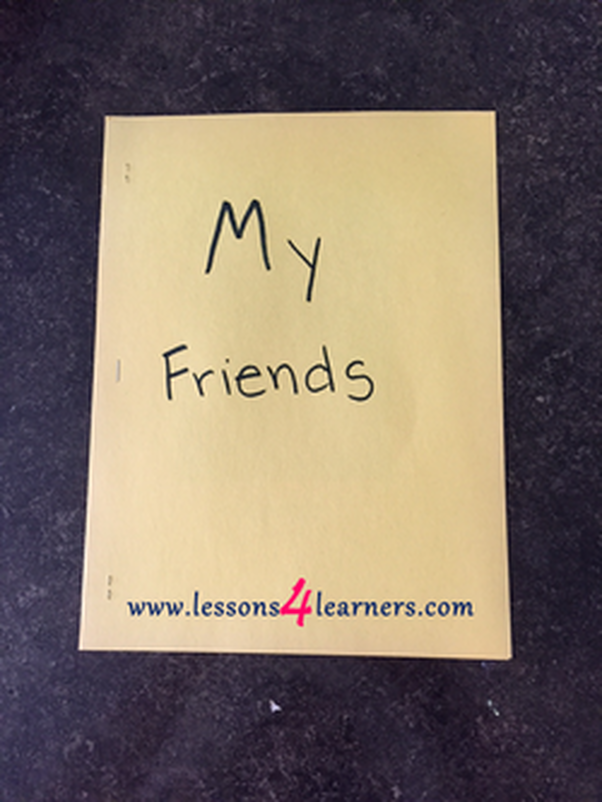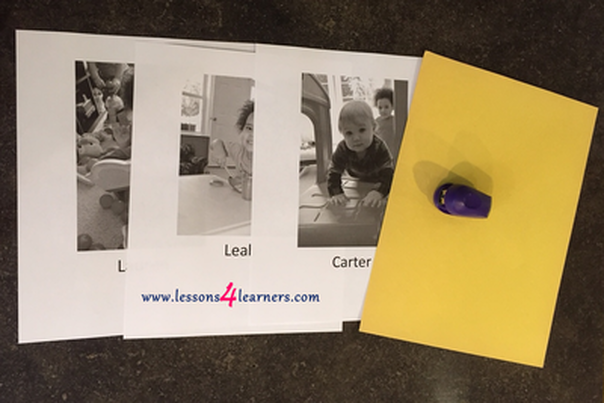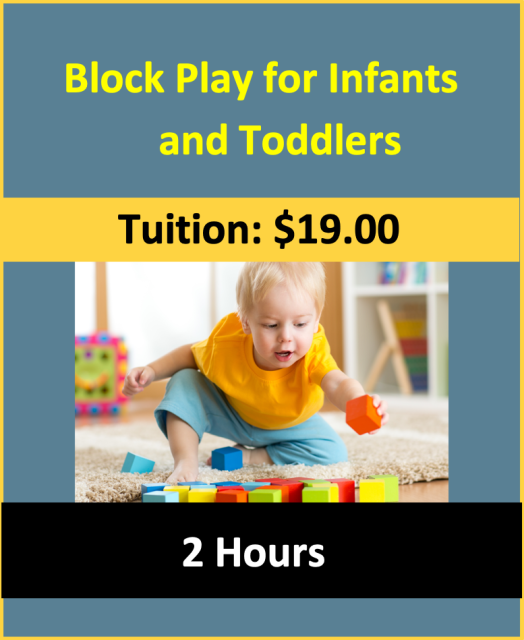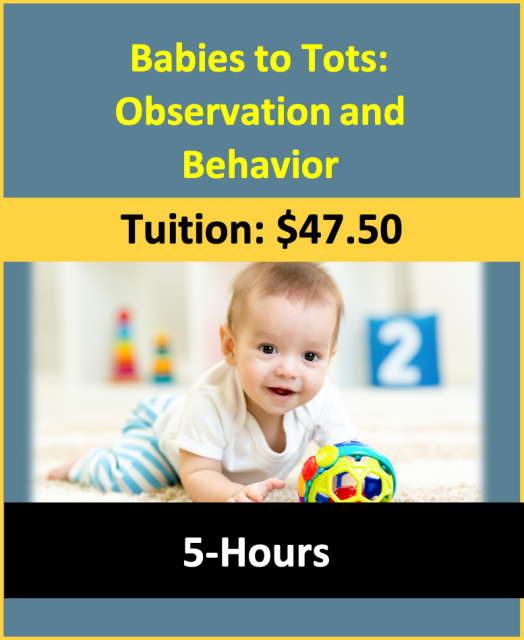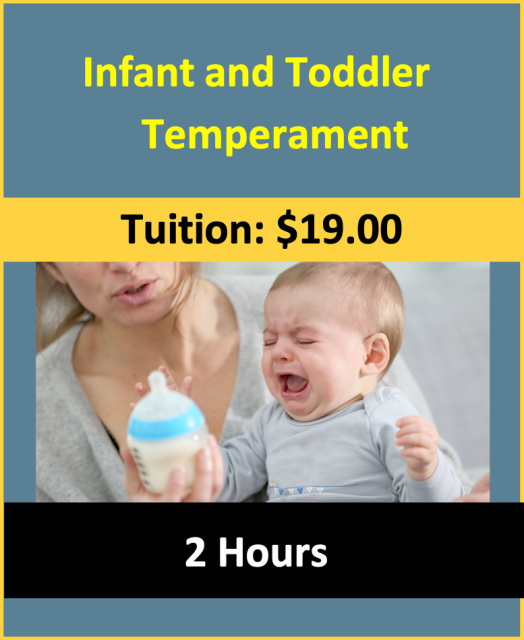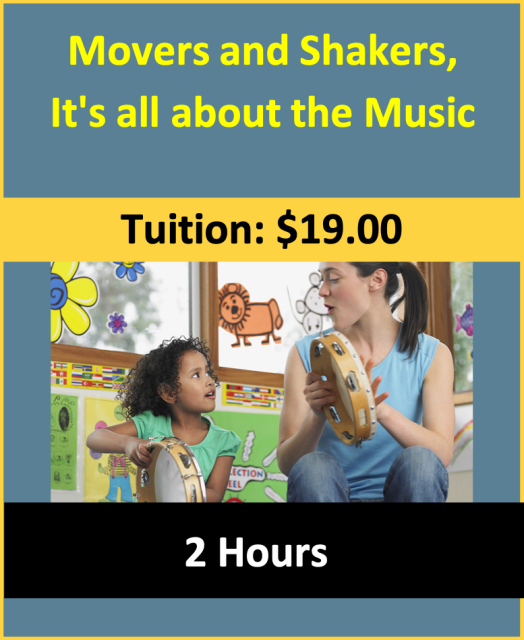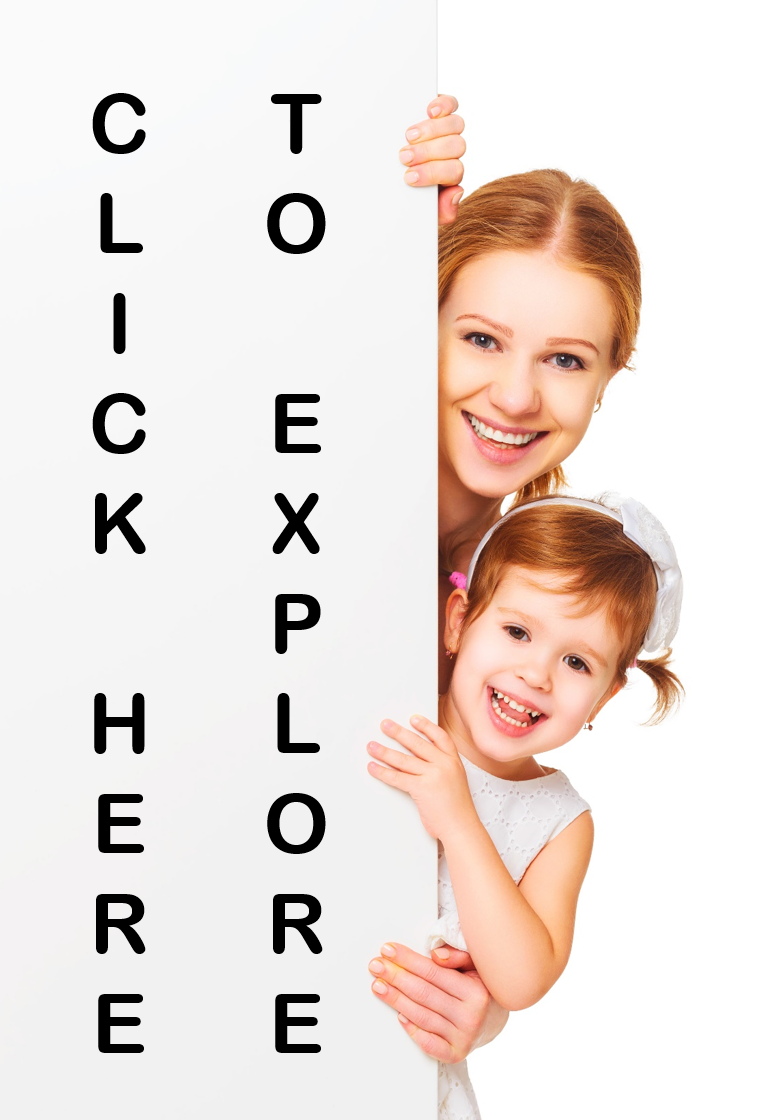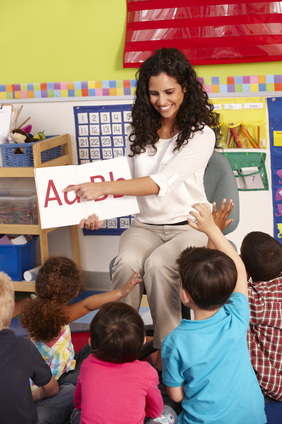Our Classroom Book
Lesson Plan:
|
Activity:
Our Classroom Book
Lesson plan developed by Debra Hasbrook, M.Ed.
Age Group:
* Lesson plan objective and assessment can be adapted to use this activity with preschoolers.
Objectives:
Children will:
|
|
III.9.3a
|
Materials:
- digital camera, printer, paper, glue stick. You can make black and white or color prints.
- photo book or scrapbook with blank pages, or bind the book yourself using a stapler or string
- clear contact paper or laminate
Procedure:
- Take a picture of each child in your class (and the teachers) participating in daily activities.
- Print off a picture of each child doing a different activity and affix to a blank page.
- Below the picture write who is in the picture and what they are doing.
- Laminate or use contact paper on each page so that the picture and text will be safe from little fingers.
- Bind the book using staples or by using a hole punch and string.
- Read the book to the children and have them name or gesture toward the children they see.
- Identifying their friends gives them a sense of community because they begin to understand that these are all the people in THEIR class.
- While reading the book ask the children what activity is being shown and if they have done that activity too.
- When you connect what the children in the book are doing, to what the other children have done it supports diversity and inclusiveness.
- Meaning, we are all different, but we like to do the same things.
Assessment:
- Note down which of the children do not know their friends. Set up opportunities for those children to engage in an activity with the children they did not name or seem to know.
- Observe and record new connections between children, realizations as to how they are the same yet also appreciating the differences.
Extension:
- Place pictures of the children in the learning or activity center the picture was taken in.
Note: Please provide appropriate supervision to the children in your care when completing all activities. You will need to decide what types of activities are safe for the children in your care. Appropriate and reasonable caution should be used when providing art and sensory experiences for children. Toddlers require special caution, only use non-toxic materials, and do not allow toddlers to put things in their mouths that are a choking hazard.
Click on the course icon for enrollment information.
Practicing Circle Time Routines
|
Consistency is key when building a classroom community. Routines and schedules are important to give children a sense of security and predictability which will build trust between all parties. Routine is very important to young children. Schedule circle time for the same time every day, such as every day after breakfast, as children come in from outside learning or the afternoon snack. The class schedule is easier to remember when associated with another activity. For example, circle time is a great follow-up to recess or meal time. Younger children can use circle time as a time to decompress and transition back into the routine of the class after an unstructured activity such as recess. Older children may enjoy circle time as a means of communicating and building the community bonds between peers.
|
Following the schedule will give children a sense of security and helps them to know what comes next. Many children know for instance that they will be picked up from childcare after a nap. After children wake up from a nap, you may notice that some of the children begin looking out the window for their family, and telling you that they will be going home soon. Older children are very adept at reminding you if you go off the schedule. “Miss Rachel, we need to have a story after snack!”
Create a routine for the beginning and the end of circle time that will help the children regulate and it will eventually form a habit of engagement. For instance, when it is circle time play the same song, or bang a drum every day at the same time. You may find that the children become used to this routine and will join you on their own. Try to have your circle time after an event when the children do not have to clean up their toys first. If the children have to clean up before circle can begin, it can waste a lot of time and can make coming to circle stressful instead of something they will enjoy and benefit from.
Create a routine for the beginning and the end of circle time that will help the children regulate and it will eventually form a habit of engagement. For instance, when it is circle time play the same song, or bang a drum every day at the same time. You may find that the children become used to this routine and will join you on their own. Try to have your circle time after an event when the children do not have to clean up their toys first. If the children have to clean up before circle can begin, it can waste a lot of time and can make coming to circle stressful instead of something they will enjoy and benefit from.
